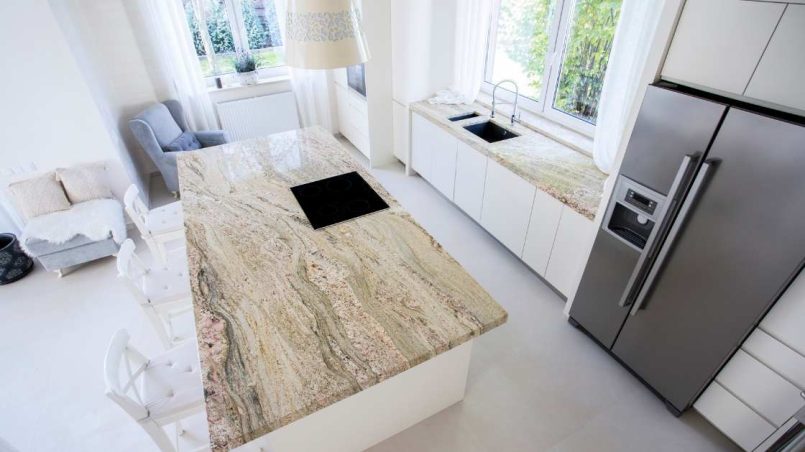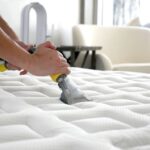When it comes to choosing a new countertop for your kitchen or bathroom, there are countless options to consider. Two popular materials that homeowners often compare are Dekton and Silestone. Both are high-quality and durable, but they have some key differences that could make one a better choice for your specific project.
What is Dekton?
Dekton is a brand of ultra-compact surface that is made from a blend of natural minerals, including quartz, feldspar, and porcelain. This combination makes Dekton incredibly strong and resistant to scratches, stains, and heat. It’s also non-porous, which means it doesn’t require sealing as other natural stone surfaces do.
One of the biggest advantages of Dekton is its large format. The material can be made in large slabs up to 320×144 cm, which means fewer seams in your countertop. This means less maintenance and a more seamless look.
What is Silestone?
Silestone is a brand of quartz countertop that is made from natural quartz, one of the hardest minerals on earth. It is also infused with resin to make it more flexible and resistant to scratches, stains, and heat. Like Dekton, Silestone is non-porous and doesn’t require sealing.
One of the main benefits of Silestone is its wide range of colors and patterns. With more than 90 options to choose from, you’re sure to find something that fits your style.
Dekton vs Silestone: Comparison
When it comes to comparing Dekton and Silestone, there are a few key differences to keep in mind.
- Durability: Both materials are incredibly durable, but Dekton is slightly more resistant to scratches and heat.
- Appearance: Dekton has a more natural, stone-like look, while Silestone has a wider range of colors and patterns.
- Size: Dekton comes in larger slabs, which can mean fewer seams in your countertop.
- Price: Both materials are high-end and can be expensive. However, Silestone tends to be slightly more affordable than Dekton.
Which One is Right for You?
Ultimately, the choice between Dekton and Silestone will depend on your personal preferences and the specific needs of your project. If you’re looking for a countertop that is extremely durable and heat-resistant, Dekton may be the better choice. If you’re more interested in a wide range of colors and patterns, Silestone is the way to go.
It’s also important to consider your budget and the size of your countertop. If you have a large countertop and want to minimize the number of seams, Dekton might be more suitable. And if you’re looking for an affordable option, Silestone could be the best choice.
No matter which material you choose, both Dekton and Silestone are high-quality options that will provide you with a beautiful and durable countertop for years to come.
Conclusion
Both Dekton and Silestone are great choices for countertops, but they have some key differences that could make one a better choice for your specific project. Consider your personal preferences, needs, and budget to determine which material is right for you.
Hopefully, the article on dekton vs silestone was helpful for you.














